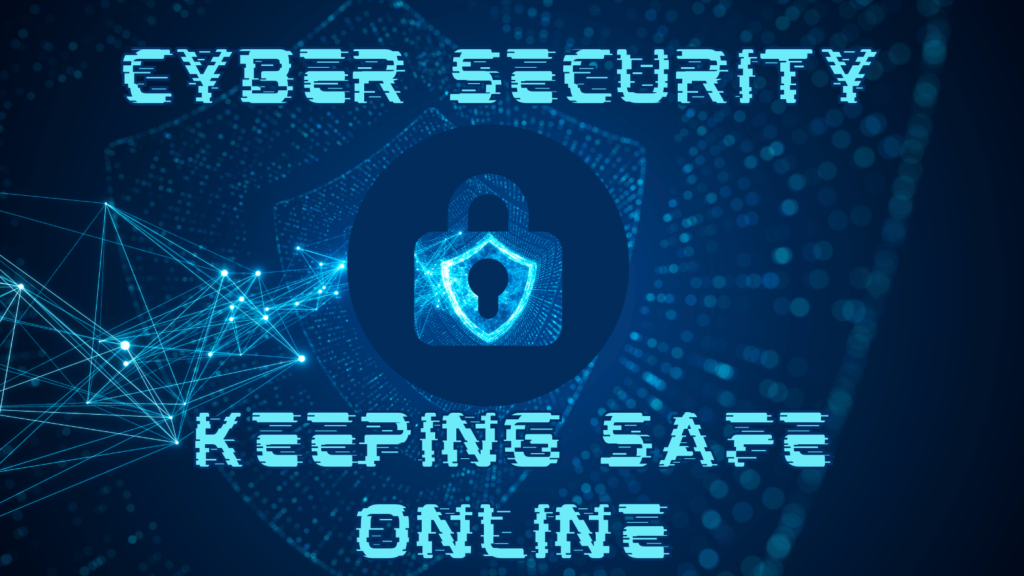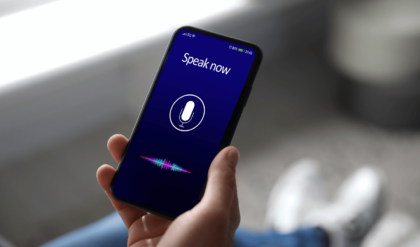
In the digital age, where our lives are intricately intertwined with technology, cybersecurity has never been more critical. The rapid growth of the internet and the increasing connectivity of our devices have made our data more vulnerable than ever. In this article, we’ll explore the importance of cybersecurity and provide practical tips on how to keep your data safe.
Understanding the Importance of Cybersecurity
Cybersecurity is the practice of protecting your digital systems, networks, and data from theft, damage, or unauthorized access. It’s a critical aspect of our digital lives, as data breaches, hacking incidents, and online threats continue to rise. Here’s why cybersecurity matters:
- Protection of Personal Information: Your personal information, including financial data, login credentials, and personal documents, is stored digitally. Cybersecurity ensures that this information remains confidential.
- Business and Financial Security: For businesses, the consequences of a data breach can be devastating. It can lead to financial losses, damage to reputation, and legal issues. Cybersecurity is vital for protecting the integrity of an organization.
- National Security: Cybersecurity extends beyond individual and business concerns. National security relies heavily on safeguarding government systems, infrastructure, and sensitive data from cyber threats.
- Preserving Privacy: Cybersecurity is essential to protect your online privacy. This includes ensuring that your internet browsing habits and personal communications remain private.
Now, let’s delve into practical steps you can take to enhance your cybersecurity.
1. Strong Passwords
One of the most fundamental aspects of cybersecurity is creating strong, unique passwords for your online accounts. Avoid using easily guessable passwords like “123456” or “password.” Instead, opt for complex combinations of letters, numbers, and symbols. Consider using a password manager to generate and store secure passwords for your various accounts.
2. Two-Factor Authentication (2FA)
Implementing two-factor authentication adds an extra layer of security to your online accounts. This typically involves receiving a code on your smartphone or email that you must enter along with your password. Even if someone obtains your password, they won’t be able to access your account without this second authentication step.
3. Regular Software Updates
Software updates often include security patches to address vulnerabilities that hackers may exploit. Ensure that your operating system, web browsers, and applications are regularly updated to stay protected.
4. Secure Your Wi-Fi Network
Set a strong password for your home Wi-Fi network and use WPA3 encryption, which is currently the most secure option. Additionally, change the default login credentials for your Wi-Fi router to prevent unauthorized access.
5. Be Wary of Phishing
Phishing is a common method used by cybercriminals to trick individuals into revealing sensitive information. Be cautious of suspicious emails, especially if they contain requests for personal or financial information. Verify the sender’s authenticity before clicking on any links.
6. Use Antivirus Software
Install reputable antivirus and anti-malware software on your devices. These programs can detect and remove malicious software, protecting your system from various threats.
7. Data Backups
Regularly back up your data to an external drive or a secure cloud service. In the event of a cyberattack or data loss, you’ll have a backup to restore your information.
8. Educate Yourself and Others
Stay informed about the latest cybersecurity threats and best practices. Educate your family, friends, and colleagues about cybersecurity to create a safer online environment for everyone.
9. Limit Sharing on Social Media
Be cautious about sharing personal information on social media platforms. Cybercriminals often use publicly available information to impersonate or target individuals.
10. Use Encrypted Communication
For sensitive communications, consider using encrypted messaging apps and email services to protect your messages from interception.
In conclusion, cybersecurity is not a topic to be taken lightly in today’s digital world. Implementing these practical steps can go a long way in protecting your personal data and digital life. Remember that cybersecurity is an ongoing process, and staying vigilant is key to keeping your data safe from ever-evolving cyber threats.






